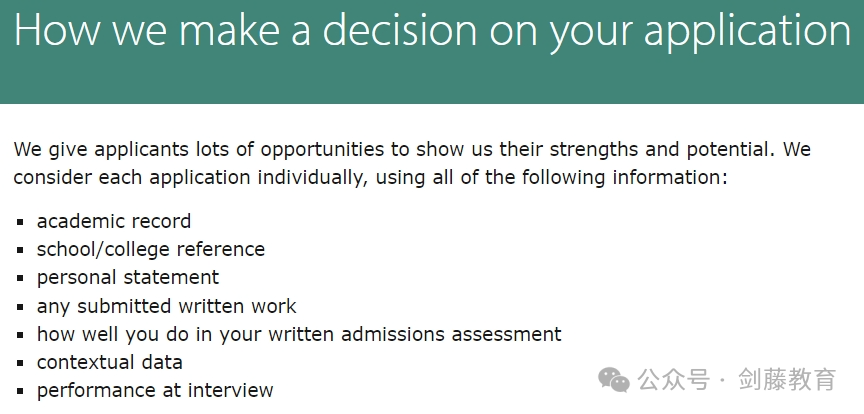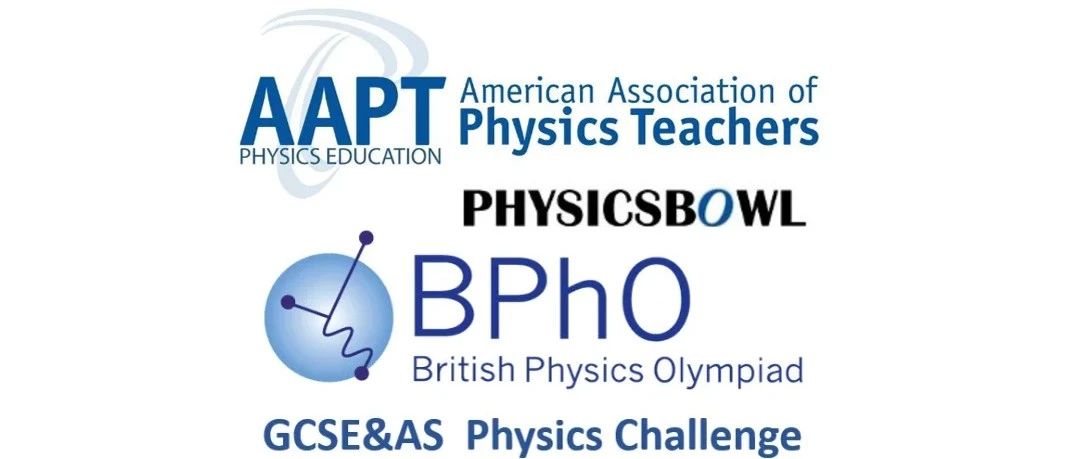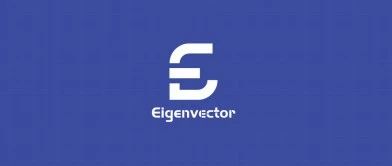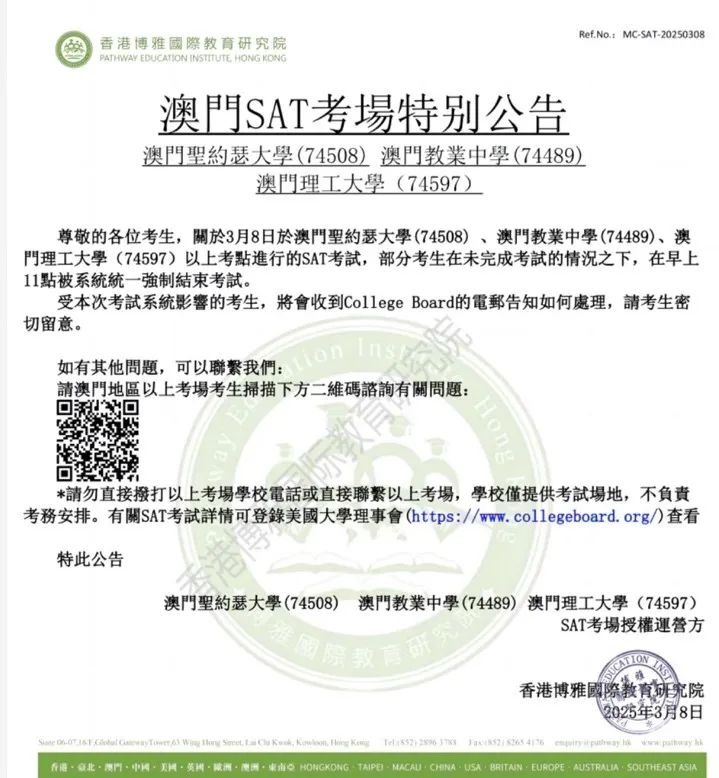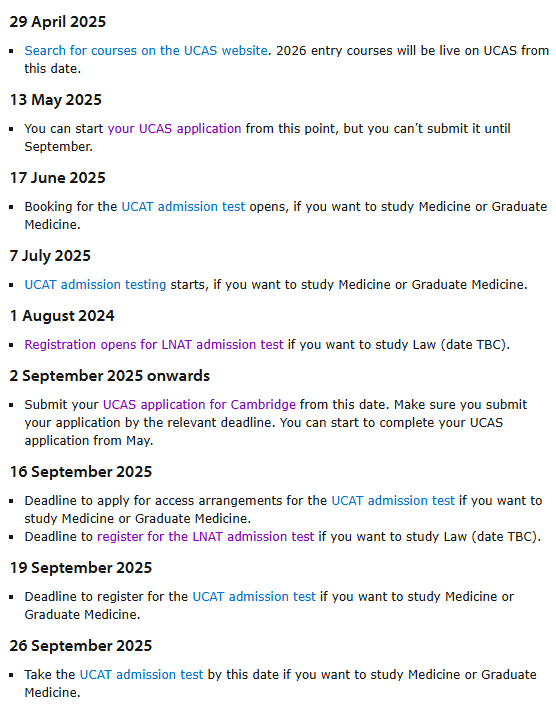前两天,同事问我一个问题:美国的“政治正确”是什么呢?
同学们可以看看下边几个作者的内容:
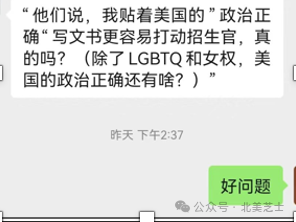
《美国的“政治正确”到底什么意思?这篇文章告诉你答案》英语共读
《“政治正确”到底是个什么鬼?!》巴塞电影
https://baijiahao.baidu.com/s?id=1594548958256319410&wfr=spider&for=pc
《美国政治正确是什么意思?》金联财社
https://baijiahao.baidu.com/s?id=1702185805520914533&wfr=spider&for=pc
《当“政治正确”成为主流,我们只能做一个“受害者”?》新京报书评周刊,倪露撰文
https://www.douban.com/note/653730574/?_i=6952472Kalr-vU
简言之,这四个群体1.黑人(泛指各少数族裔);2.女性;3.宗教信仰;4.性少数群体。如果不清楚在这些话题上该有的“正确”立场,就容易惹麻烦。
落脚到大学申请文书的选材上,凭借过往的经验来看,我们学生很少触碰这四个话题。
所以,靠一纸文书踩到美国大学招生官的某种底线的概率是很低的。

那写什么内容有可能更“正确”呢?
审核文书的人员除了专门的招生官,某些学校还会让学院老师参与到文书审核的环节。
在《北美学术研究调研(NAASS)》中提到,政治氛围偏重民主党的大学学院有:英语文学、社会学、历史、心理学、语言学、教育、以及艺术。
对政治态度的调查表明,政治自由主义所关注的议题一般包括但不限于:政府在就业方面的责任、收入分配、环境保护;社会自由主义比较关注:同性群体权利、堕胎、以及婚外性行为。
宗旨在于追求社会公正及保护弱势群体的权益。如果同学申请的学院是偏文科的上述学院,在文书中可以透露出:格局大、视野长远、关注弱势群体等高尚理念。这样的价值观容易同频共振于所申请的学院。
但是需要注意的是,同学需要对以上划线所提的领域深入了解,并确实形成自己的想法之后,再考虑在文书中谈及。否则,不建议提及。因为对于这种在美国理念体系中已经发展得非常成熟的话题,如果没有充分了解而浅浅聊之,容易产生反效果。
我们看一篇范德堡大学题目下涉及LGBT话题的学生范文。
Vanderbilt University values learning through contrasting points of view. We understand that our differences, and our respect for alternative views and voices, are our greatest source of strength. Please reflect on conversations you’ve had with people who have expressed viewpoints different from your own. How did these conversations/experiences influence you? Please provide your response in approximately 250 words.(400 max)
范德堡大学推崇在观念碰撞中学习。我们了解到差异、对不同观点的尊重是我们最大的力量来源。请回想你和意见不同者的对话。这些对话、经历对你产生了什么影响?
这是一个中国LGBTQ申请人和他爸爸的一段对话,他们聊了什么呢?
同学们可以看看。
“Why on earth do you have to volunteer at places like that?”
My dad spoke abruptly during our drive home.
I had just finished working at an LGBT-friendly bar, raising funds for an LGBT workplace diversity campaign. As I walked out smelling like tobacco and beer, his face stiffened. But I knew what angered him more was that I’d turned down a volunteering opportunity at the UN and chosen the Beijing LGBT Center, an NGO he deemed illegitimate.
“Because...” I began.
“I don’t want you to work there anymore.”
Dreadful silence prolonged in the car. I was devastated that he didn’t approve of the work I’d prided myself in.
But I didn’t tell him these things. I hadn’t (and haven’t) come out to him yet.
I love my father. He’s the superman who let me ride on his shoulders, who spent his savings on providing me the best education possible, and who cried when I told him I was lonely in boarding school.
But he didn’t want me volunteering at the bar. And I didn’t want to let him down.
So I compromised.
I never worked again at the bar. I could continue volunteering at the LGBT center, but not more than twice a week. And I should never discuss my work publicly.
As I gave in to my family’s wishes, my mind flashed back to my other queer activists who had not. A transgender woman, Qing, has a father who hasn’t spoken to her in ten years because she refuses to cut her long hair. Nana’s mother nearly disowned her because she married her girlfriend.
I’ve come to realize that activism isn’t just about marching in rainbow parades and running ambitious campaigns. It may involve conflicts with our loved ones who hold opposite beliefs. Upholding personal beliefs could lead to a broken family, and vice versa. There is not a right answer but only a matter of choice.
And that’s a painful lesson.





